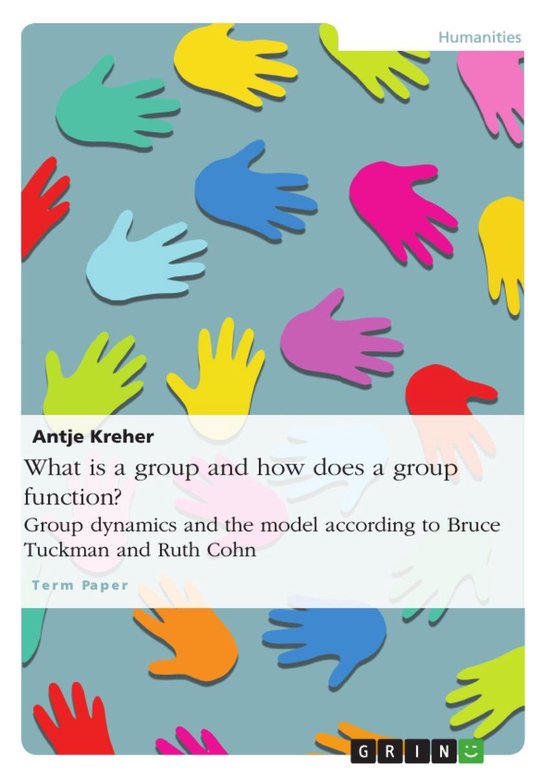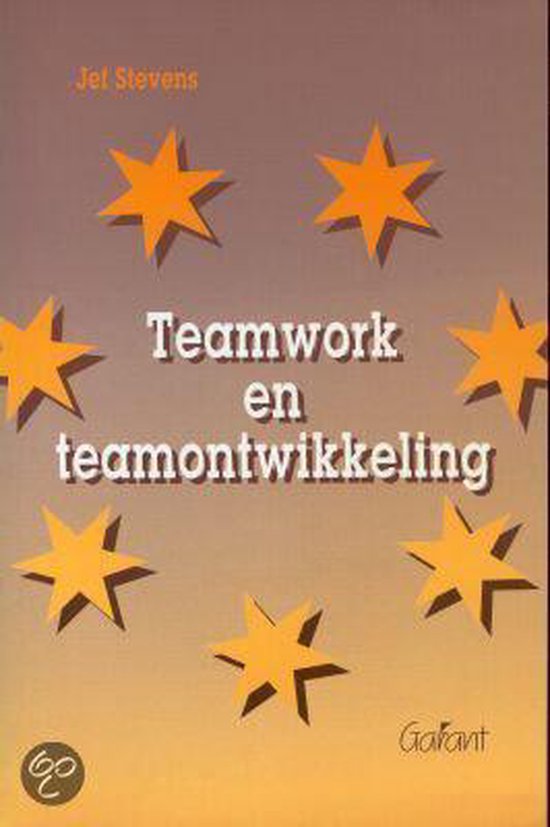What is a group and how does a group function group dynamics and the model according to bruce tuckman and ruth cohn

Direct beschikbaar
Seminar paper from the year 2011 in the subject Sociology - Individual, Groups, Society, grade: 1,3, University of Applied Sciences Jena, language: English, abstract: In the course of my academic studies, respectively my professional career, I have frequently worked with groups in the field of youth and adult education. Some of the projects, however, were striking in the sense that groups in various contexts would rather function according to a certain 'gut feeling' instead of a guiding concept. In the light of this background the nature and functioning of groups as well as attention towards the role of the group leader as a moderator gain topicality for a social-pedagogical practice in the area of social communication. Therefore, I would like to analyze the functioning of groups and their development processes in the present work. To this end, I would like to ask questions like: What are their guiding principles? Which models describe functions and processes of groups? And in this context: What are the tasks that group leaders encounter? Since the literature covering the topic of group work and associated models takes on an almost unmanageable dimension, I will narrow my description of the theoretical framework to the model of Theme-Centered Interaction by Ruth Cohn on one hand, for it conveys a specific holistic feel for the inner workings of the group. On the other hand, I rely on the model of group phases by Tuckman, who in my opinion has described the essentials of group development in a model of developmental phases. From my point of view, both models represent in elementary ways the basics and initial tool chest for working with groups in education. Furthermore, it is the objective of this work to complement the theoretical statements with practical descriptions and solutions. With regard to this, I can already look back on numerous experiences in my own group work. In the final part of this report, I would like to introduce cooperation and trust games that can have positive effects on the respective group situations.
- 1 Bekijk alle specificaties



Taal: en
Bindwijze: E-book
Oorspronkelijke releasedatum: 16 januari 2017
Ebook Formaat: Adobe ePub
Hoofdauteur: Antje Kreher
Hoofduitgeverij: Grin Publishing
Lees dit ebook op: Android (smartphone en tablet)
Lees dit ebook op: Kobo e-reader
Lees dit ebook op: Desktop (Mac en Windows)
Lees dit ebook op: iOS (smartphone en tablet)
Lees dit ebook op: Windows (smartphone en tablet)
Editie: 1
Studieboek: Nee
EAN: 9783668380622